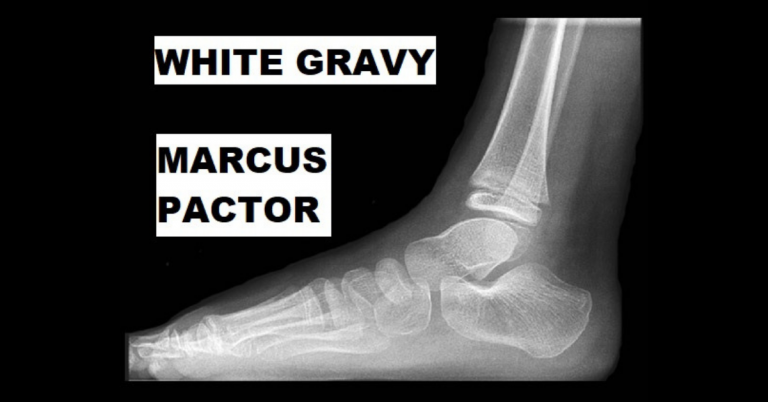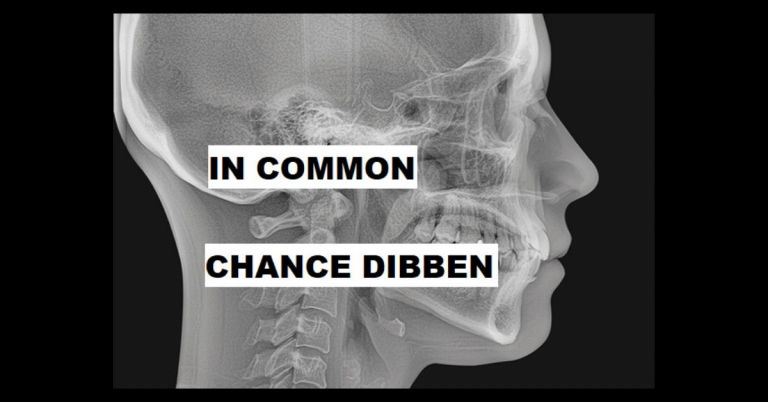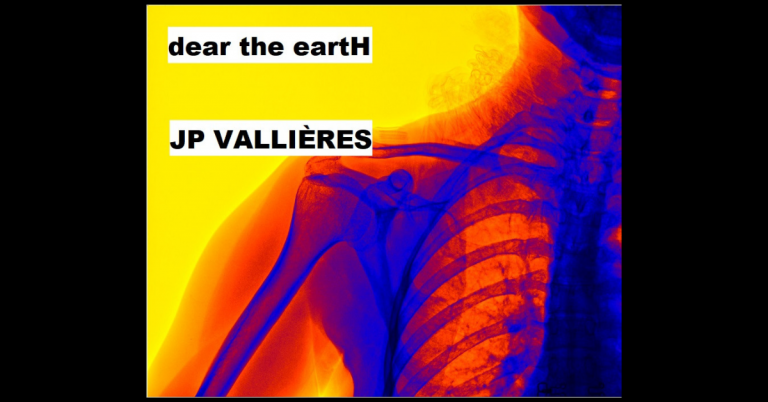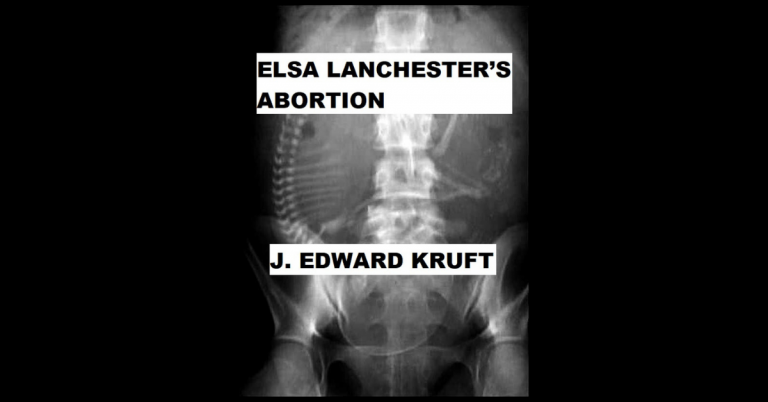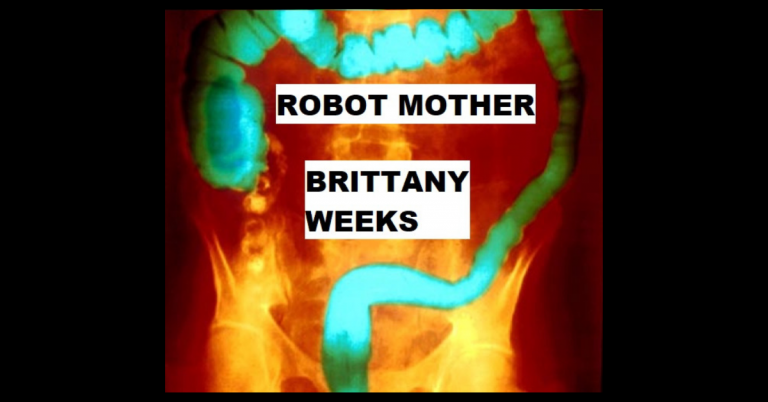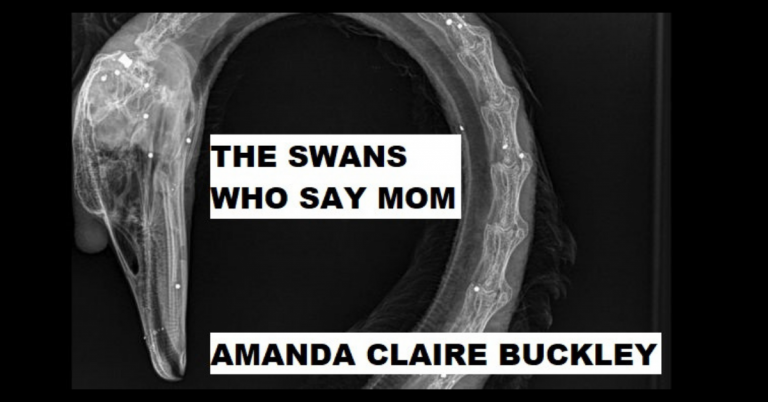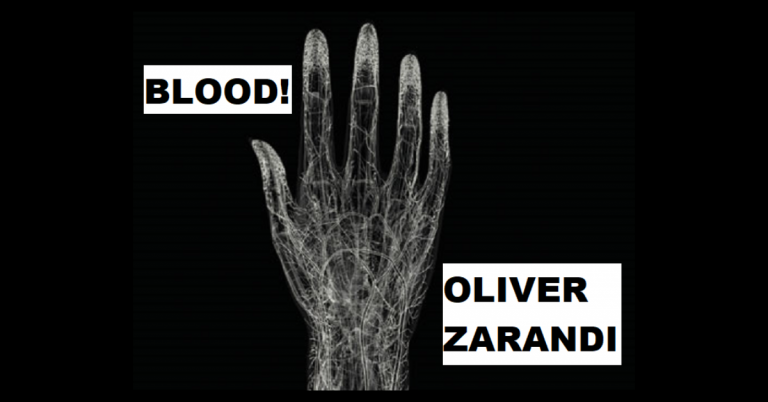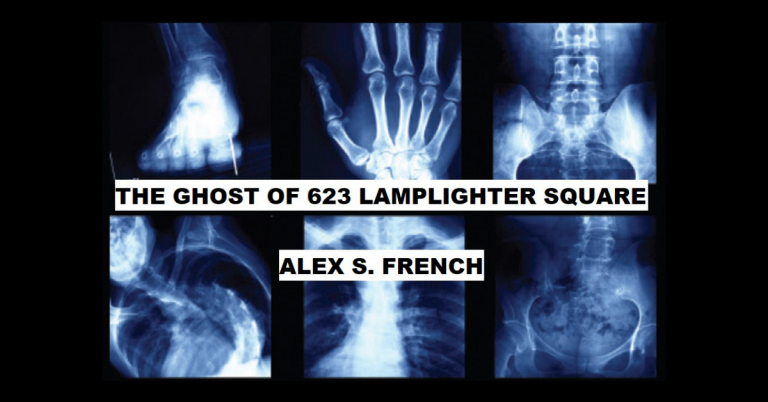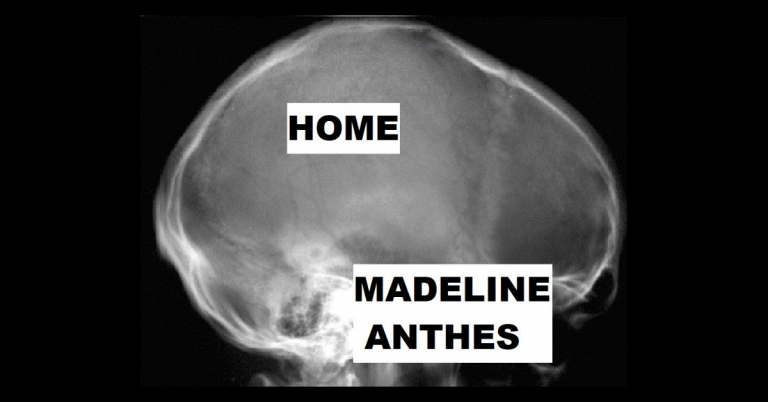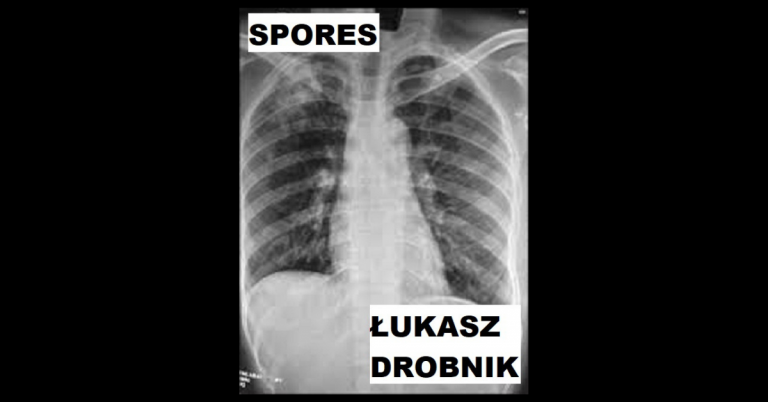
SPORES by Łukasz Drobnik
The superhero needs to save the city, but there’s a drunk man in her kitchen. He’s eating a banana. The way he snaps off the stem and peels the whole thing in one brutal movement is all too familiar. She closes her eyes, just for a bit, and thinks of the cool forest air, her cheek against the damp moss, his coarse hands under her blouse. When she lifts her eyelids, the peel is already lying on the stained blue tablecloth, as lifeless as roadkill.
Outside, the supermarket is being attacked by red-furred flying monkeys. They grab trolleys from the car park and toss them at frightened customers, rows and rows of teeth inside their black hole mouths rotating as they do so.
She should be there, protecting the little girl from abduction, the middle-aged man from being torn apart, but she knows he wouldn’t let her. The monkeys can see her from afar with their laser eyes, their shark-like teeth glistening in the dark. When he tries to pull her closer, bits of banana flesh still on his fingers, she instinctively recoils.
Later they watch a medical drama, pretending nothing has happened. He sits in the centre, in front of his grimy laptop, drinking another beer straight from the can, while she peeks at the screen from behind the yucca plants — a mini-jungle in this otherwise barren room. She keeps track of his beers. One more and he’ll get sentimental. He’s just two or three away from waking the Beast inside him.
He drove her to the woods to take her mind off that boy. They walked over a floating mat covering a lake. Holding hands, they joked you’d think it would feel more like a waterbed, but that one was pretty solid. The layers of moss under their feet were the colour of surgical drapes.
They heard a sound as if of a bursting beach ball. Then another. And a few more. Through numerous punctures in the mat, with a horrendous, multiplied hiss, came fumes of red granular matter. She started running, as fast as she could, among the newly erupting jets. When she turned around, he was still in the same spot: waving at her, consumed by the clouds, completely oblivious to the hundreds of spores entering his mouth and nose and ears.
A rain of starving hearts from the sky. Clouds of capillaries forming into force fields. Cardiomyocyte bombs. None of her many superpowers could save him.
He chased after her, his eyes full of rage, each of his steps sending a ripple through the mossy mat. She reached the shore and ran into the trees, but now the whole forest was under the Beast’s spell: every root and stem and insect at its ruthless command. It must have summoned some brambles that trapped her legs like barbed wire. She only remembers falling through the cool air, her cheek smacking against the damp moss, his coarse hands lifting her from the ground.
The Beast’s lifecycle is a complicated one. First there are the spores. Once they find themselves inside a human host, they form a mycelium of sorts, which plants its roots deep in the brain and spinal cord, taking control of every neuron. It can last anywhere from days to years before it tells its host to hide in a cellar or dead tree trunk, crawl into a ball and disappear in an opalescent cocoon. From the cocoon sprout the deadly vines, which slither through the sewage system and underground car parks, feeding on rats and stray cats, leaving behind leather-like fruits packed with monkey embryos. The fruits pop after several months to release swarms of murderous winged primates. After they’ve had enough human flesh, the monkeys dive into lakes or ponds or rivers, where they turn into bloated, spore-producing, living furry bags.
The boy’s heart looked like a frightened animal. She’d done it dozens of times before. Her movements were slow, steady and precise. She never expected the bursting artery, the bloody deluge, the flatline.
He keeps the Beast’s spores in prescription vials, but she won’t be fooled. She has mastered the art of hiding them under her tongue. Before they have any chance to sprout, she walks to the kitchen, past the inebriated man, and hides them deep inside the banana peel, which she throws into the bin. On her way back, she glances at the gaping hole where the supermarket used to be. The monkeys feast on bones.

